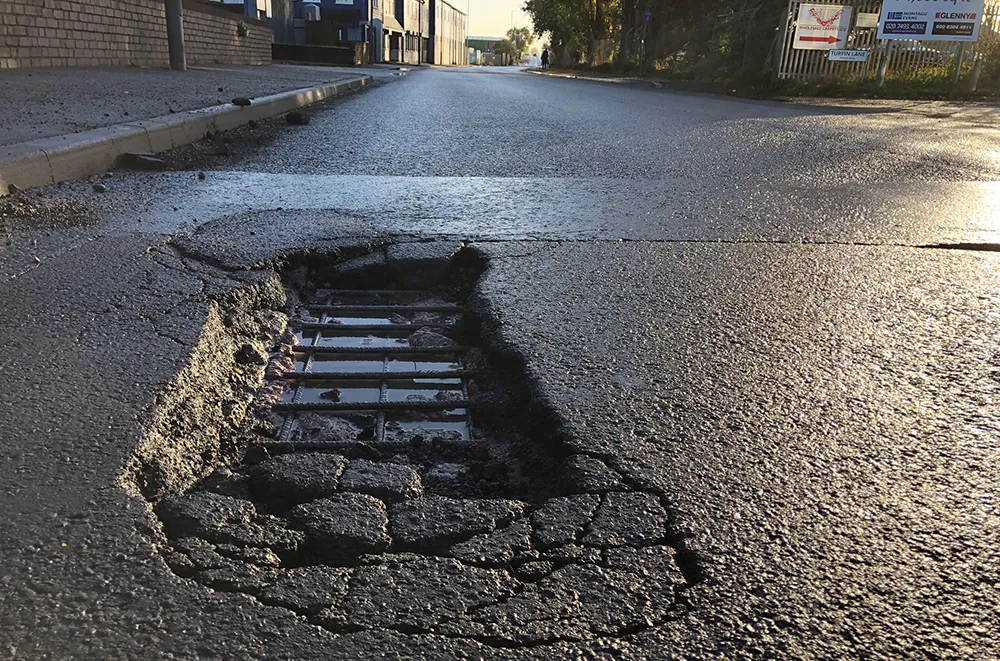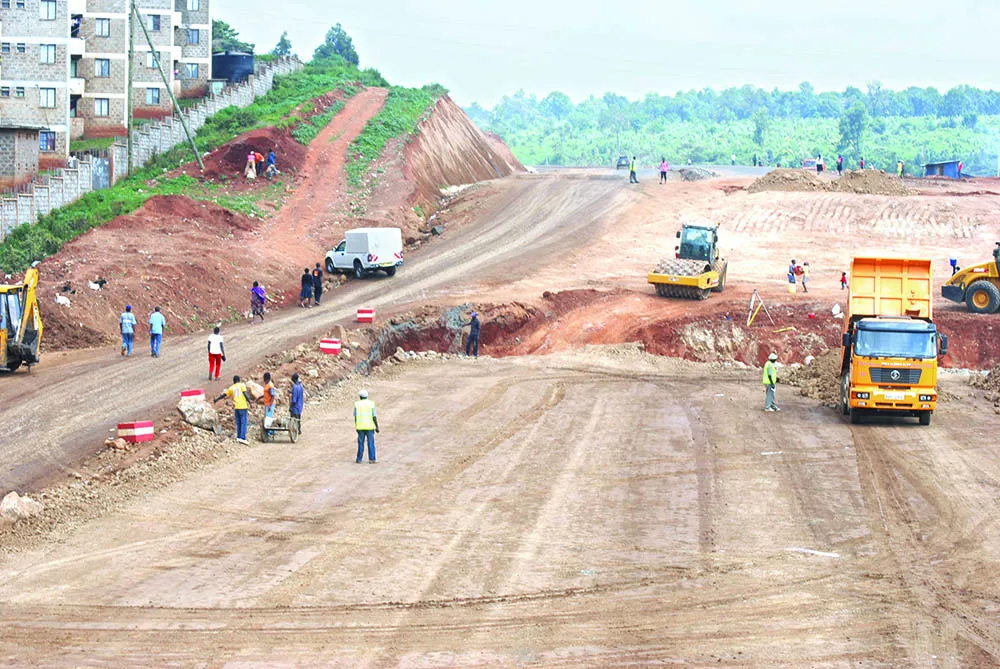Highway managers in Malaysia face having their road maintenance funding slashed if they do not spend their current budgets. In a surprise announcement this week, the
Prime minister Datuk Seri Najib Abdul Razak is worried that a huge surge in road maintenance funding is not being properly invested. Currently, he said, US$ 828.2 million (RM2,591.3 million) is being allocated by the Malaysian government for road maintenance, compared with US$347.6 million (RM1,087.5 million) six years ago.
“This is an increase of 138%” since 2006, says the prime minister. “On average, the allocation has been increased by 27.6% per annum. However, we find that most of the states have not fully spent the allocation given to them so this situation must be addressed.”
Najib has announced that a “lab” review to develop “comprehensive guidelines on highway management procedures and the proper use of the country’s state road maintenance grant” will take place in October 2012.
“The lab sessions will come up with guidelines to address the issues at hand, and after that, any state that fails to manage this provision well enough may face reduction in the grant (in the future),” the prime minister told reporters after chairing the Malaysian National Finance Council Meeting 2012 this week.
He said the lab reviews will also be asked to “identify the reasons why some states have not fully utilised the grants allocated to them.” The review will report before the end of this year. Prime minister Najib also said that the Malaysian National Finance Council also took note of the auditor-general’s report on the State Road Maintenance Trust Account (Kumpulan Wang Amanah Penyelenggaraan Jalan Raya Negeri) and the Malaysian Road Record Information System (Marris). He said that he is concerned about a report from the country’s Ministry of Finance that has identified “matters which need to be addressed concerning the safety and comfort of road users.”








